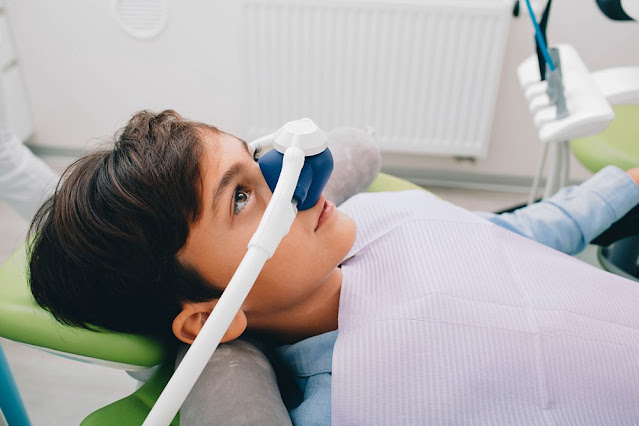Exploring The Significance Of Sedation Dentistry
Despite the leading-edge advancements in technologies to make procedures less invasive, people stay apprehensive about dental visits. There are some plausible explanations for this, such as traumatic experiences in the past or widespread misconceptions. The fear of dentists leads to some negative consequences on both oral health and overall wellness, as even a simple problem like plaques may develop into a severe condition without timely care. Such issues require extensive and complex procedures, along with multiple visits. But there is a viable solution to prevent all these complications.
Almost every dental facility offers sedation dentistry to patients as a remedy for their fear or anxiety. Using one or more combinations of drugs, practitioners can keep them calm and relaxed during treatments. Some solutions even help individuals feel little to no pain, despite staying conscious. As a result, even the most invasive procedures are carried out with much ease and less discomfort.
How does it work?
Depending on a condition’s severity and one’s need, dentists choose from a variety of sedative options. Most commonly, patients get nitrous oxide that keeps them calm by slowing down their senses. There are also oral pills and Intravenous methods available for the uninterrupted treatment process.
What are the common uses?
• Wisdom tooth removal
Since third molars erupt later in life, they need sufficient spacing on the jawline. However, some people suffer from impacted wisdom teeth imposing chronic pain. The removal of these molars is quite challenging, especially when they are hidden. So, anesthetic solutions are needed to avoid any traumatic experiences.
• Dental implants
After losing a tooth, patients might need some sort of replacement to avoid any detrimental repercussions. Implants are titanium devices surgically inserted into a jawbone for emulating natural dentition functioning and aesthetics. since it requires surgical intervention, sedatives prove vital.
• Bone grafting
When restorations don’t fit properly, people may feel inconvenience while eating or speaking. They may feel considerable pain since these aren’t aligned with their natural dentition. In that case, bone grafting is helpful for aligning dentures or implants for optimal functioning. Dentists provide anesthesia or oral pills to reduce any discomforts during this surgery.
• Emergency treatments
Patients are sure to feel a lot of pain when undergoing emergency treatments. Problems such as knocked-out teeth or facial injuries might need extensively invasive procedures. Sedation dentistry techniques are crucial during such processes, as it keeps individuals calm and unconscious, so they don’t feel any discomfort.
Final thoughts
As discussed above, sedatives solutions have some imperative uses in dental treatments. Patients with dentophobia can consult with their providers to discuss anesthetic options that are ideal for their needs.
Locate Us: Map.


Comments
Post a Comment